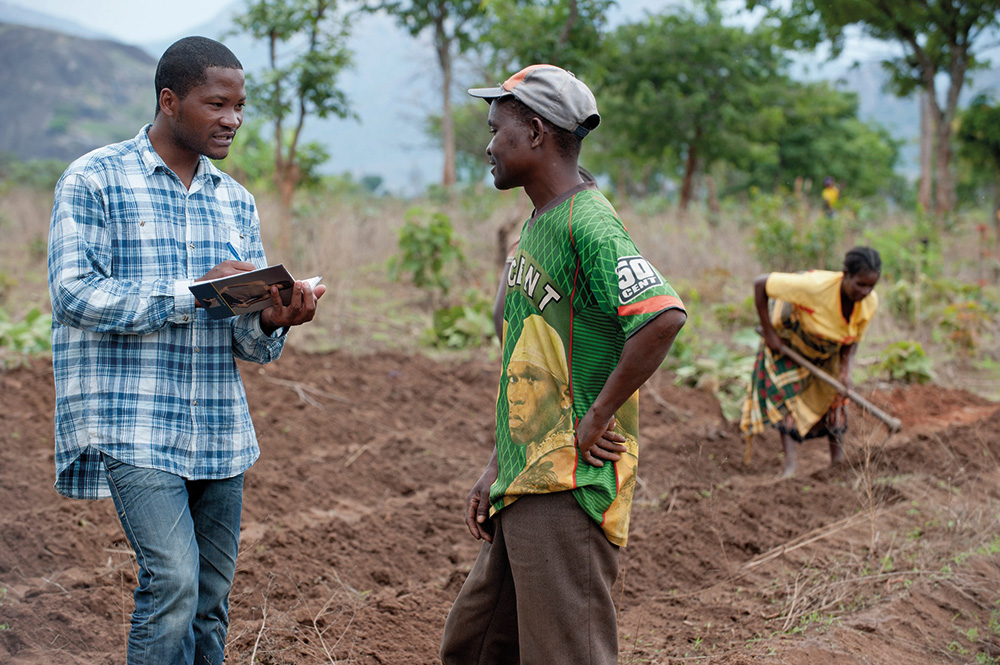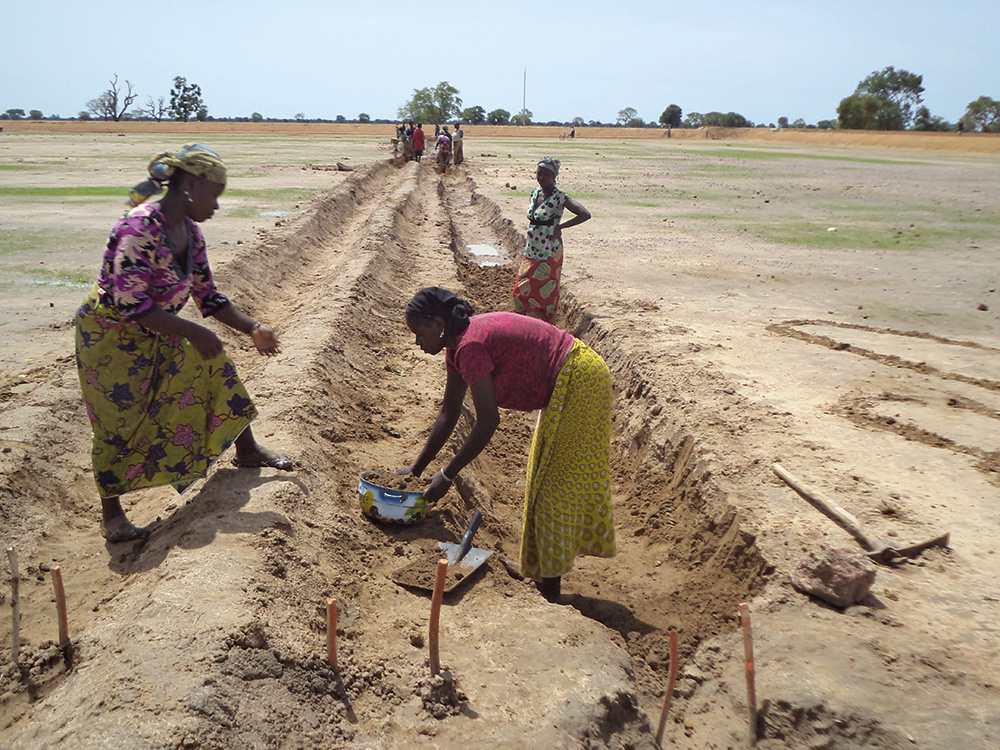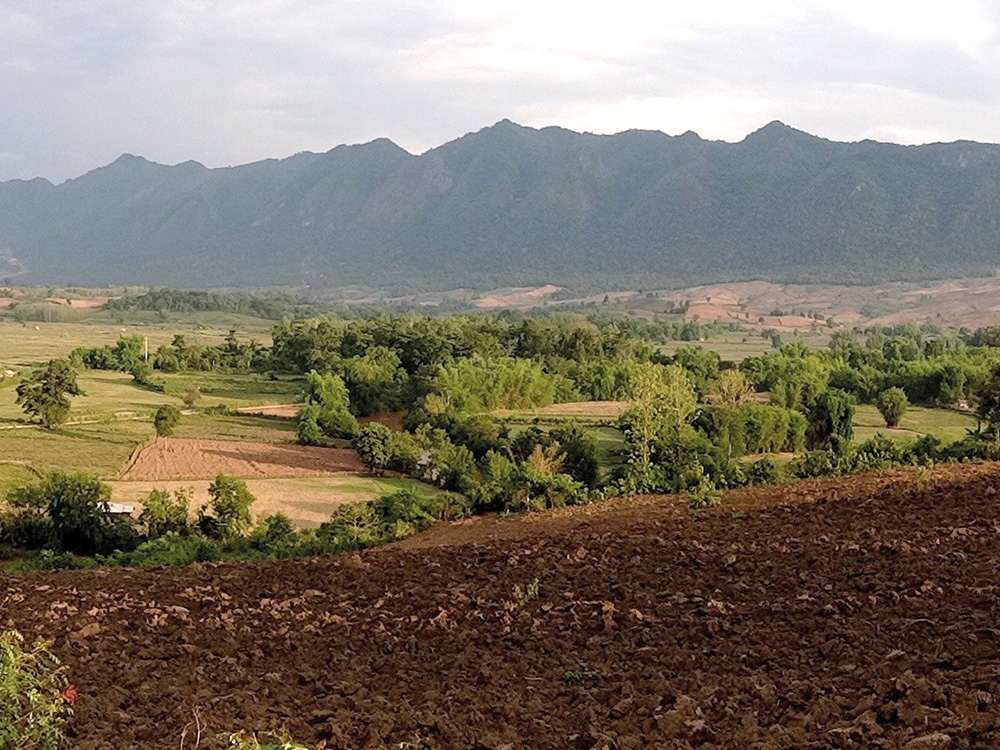Land tenure and property rights: theory and implications for development policy
This article explores the nature of property rights systems, their evolution, and their effect on resource allocation. It is argued that certain institutional arrangements for land rights have evolved in order to reduce uncertainty and increase efficiency in credit as well as in land markets. Of particular relevance to developing countries, the article emphasizes the contribution of public sector infrastructure to effective land rights systems.









